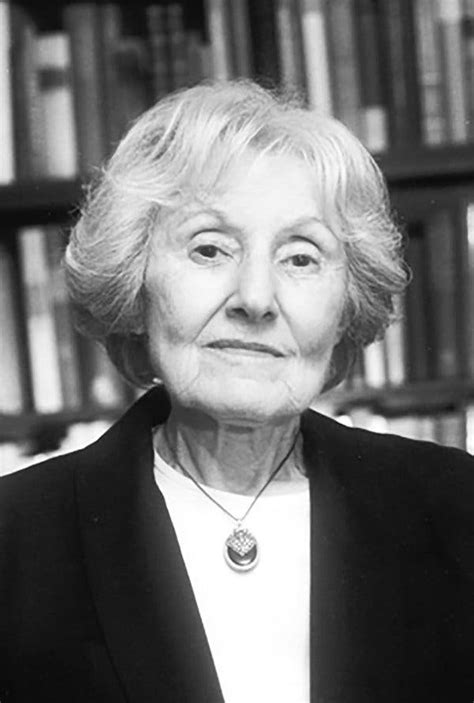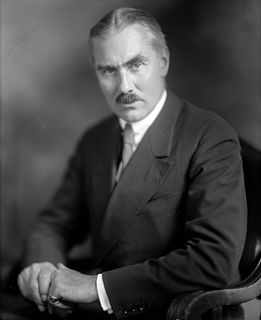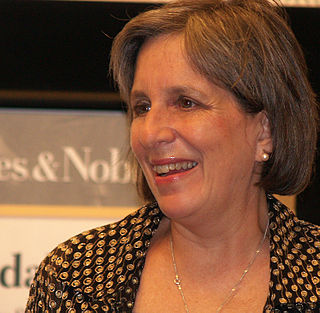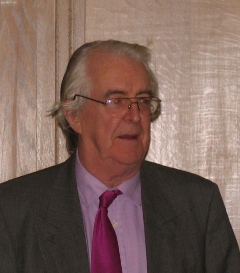Top 1200 Good Moral Quotes & Sayings
Explore popular Good Moral quotes.
Last updated on November 22, 2024.
There is a moral virtue, a moral fidelity, ability and honesty, which other men, besides church members, are, by good nature and education, by good laws and good examples nourished and trained up in; so that civil places and trust and credit need not be monopolized into the hands of church members (who sometimes are not fitted for public office), while all others are deprived and despoiled of their natural and civil rights and liberties.
There can be, therefore, no true education without moral culture, and no true moral culture without Christianity. The very power of the teacher in the school-room is either moral or it is a degrading force. But he can show the child no other moral basis for it than the Bible. Hence my argument is as perfect as clear. The teacher must be Christian. But the American Commonwealth has promised to have no religious character. Then it cannot be teacher.
Unless we believe the gospel, we will be driven in all we do-whether obeying or disobeying-by pride ('self-love') or fear ('of damnation'). Apart from 'grateful remembering' of the gospel, all good works are done then for sinful motives. Mere moral effort may restrain the heart, but does not truly change the heart. Moral effort merely 'jury rigs' the evil of the heart to produce moral behavior out of self-interest. It is only a matter of time before such a thin tissue collapses.
There is no evidence for a god, no coherent definition of a god, no good argument for a god, good positive arguments against a god, no agreement among believers about the nature or moral principles of a god, and no need for a god. We can live happy, moral, productive lives without such belief, and we can do it better.
The fact that a belief has a good moral effect upon a man is no evidence whatsoever in favor of its truth. I'm not contending in a dogmatic way that there is not a God. What I'm contending is that we don't know that there is. I don't like the word "absolute." I don't think there is anything absolute whatever. The moral law, for example, is always changing. At one period in the development of the human race, almost everybody thought cannibalism was a duty.
We are now returning to the 18th century empirical approach with the new interest in the evolutionary basis of ethics, with 'experimental' moral philosophy and moral psychology. As a result, we understand better why moral formulas are experienced as ineluctable commands, even if there is no commander and even if the notion of an inescapable obligation is just superstition. So moral philosophy has made huge progress.
Human beings have rights, because they are moral beings: the rights of all men grow out of their moral nature; and as all men havethe same moral nature, they have essentially the same rights. These rights may be wrested from the slave, but they cannot be alienated: his title to himself is as perfect now, as is that of Lyman Beecher: it is stamped on his moral being, and is, like it, imperishable.
Natural good is' so intimately connected with moral good, and natural evil with moral evil, that I am as certain as if I heard a voice from heaven proclaim it, that God is on the side of virtue. He has learnt much, and has not lived in vain, who has practically discovered that most strict and necessary connection, that does and will ever exist between vice and misery, and virtue and happiness.
Moral Injury is differentiated from PTSD in that it directly relates to guilt and shame veterans experience as a result of committing actions that go against their moral codes. Therapists who study and treat moral injury have found that no amount of medication can relieve the pain of trying to live with these moral burdens.
Lastly, our ancestors established their system of government on morality and religious sentiment. Moral habits, they believed, cannot safely be trusted on any other foundation than religious principle, nor any government be secure which is not supported by moral habits.... Whatever makes men good Christians, makes them good citizens.
A pleasant natural environment is a good - a luxury good, philosophical good, a moral goody-good, a good time for all. Whatever, we want it. If we want something, we should pay for it, with our labor or our cash. We shouldn't beg it, steal it, sit around wishing for it, or euchre the government into taking it by force.
God doesn't help. I think that's a knockdown argument. I think that it really shows that whatever moral knowledge we have and whatever moral progress we make in our knowledge or whatever progress we make in our moral knowledge is not coming really from religion. It's coming from the very hard work really of moral philosophy, of trying to ground our moral reasonings.
When I say "The good man gave his good dog a good meal," I use "good" analogically, for there is at the same time a similarity and a difference between a good man, a good dog, and a good meal. All three are desirable, but a good man is wise and moral, a good dog is tame and affectionate, and a good meal is tasty and nourishing. But a good man is not tasty and nourishing, except to a cannibal; a good dog is not wise and moral, except in cartoons, and a good meal is not tame and affectionate, unless it's alive as you eat it.
I see the liberty of the individual not only as a great moral good in itself (or, with Lord Acton, as the highest political good), but also as the necessary condition for the flowering of all the other goods that mankind cherishes: moral virtue, civilization, the arts and sciences, economic prosperity.
If I were to speak your kind of language, I would say that man's only moral commandment is: Thou shalt think.
But a 'moral commandment' is a contradiction in terms. The moral is the chosen, not the forced; the understood, not the obeyed.
The moral is the rational, and reason accepts no commandments.
Three sorts of goods, Aristotle specified, contribute to happiness: goods of the soul, including moral and intellectual virtues and education; bodily goods, such as strength, good health, beauty, and sound senses; and external goods, such as wealth, friends, good birth, good children, good heredity, good reputation and the like.
When you say there's too much evil in this world you assume there's good. When you assume there's good, you assume there's such a thing as a moral law on the basis of which to differentiate between good and evil. But if you assume a moral law, you must posit a moral Law Giver, but that's Who you're trying to disprove and not prove. Because if there's no moral Law Giver, there's no moral law. If there's no moral law, there's no good. If there's no good, there's no evil. What is your question?
If an instrument similar to a geiger-counter could be invented that counted moral judgements instead, we would learn to duck as people became increasingly 'moral', since lethal force is usually imminent. So far from moral fervour being an alternative to force, it is frequently the overture, the accompaniment and the memorial to it.
"Judge not, that ye be not judge"... is an abdication of moral responsibility: it is a moral blank check one gives to others in exchange for a moral blank check one expects for oneself. There is no escape from the fact that men have to make choices; so long as men have to make choices, there is no escape from moral values; so long as moral values are at stake, no moral neutrality is possible. To abstain from condemning a torturer, is to become an accesory to the torture and murder of his victims. The moral principle to adopt... is: "Judge, and be prepared to be judged."



















































